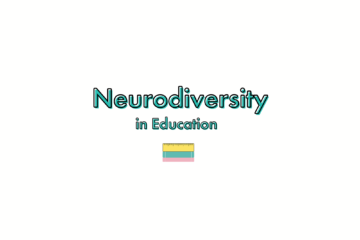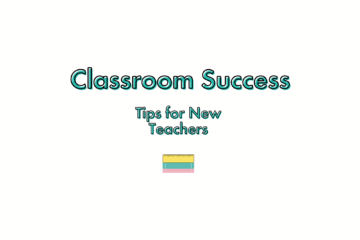Working memory is the unsung hero of effective learning. It’s the cognitive system responsible for holding and manipulating information over short periods, making it essential for following multi-step instructions, solving problems, and achieving success in everyday tasks. For those supporting students or clients, understanding and enhancing working memory isn’t just beneficial—it’s transformative. Here’s how you can leverage this crucial skill to elevate their performance and confidence.
Why Working Memory Matters
Working memory is often compared to a mental sticky note, temporarily holding information we need to complete tasks. For students and clients, this could mean retaining a math formula while solving a problem, remembering steps in a project, or keeping track of a conversation. Strong working memory skills enable individuals to:
- Follow multi-step instructions: From daily routines to complex assignments, working memory helps people keep track of directions and execute them in sequence.
- Problem-solve effectively: Whether it’s managing a schedule or analyzing a situation, working memory allows individuals to juggle information and think critically.
- Stay organized: By keeping key details in mind, people can prioritize tasks and manage their time efficiently.
However, not everyone naturally has strong working memory skills. For those who struggle, tasks requiring multi-step processing or simultaneous information juggling can feel overwhelming, leading to frustration and disengagement.
Strategies to Strengthen Working Memory
The good news? Working memory is trainable. By integrating targeted strategies into your approach, you can help individuals improve this vital skill. Here are some practical approaches:
1. Break Tasks into Manageable Chunks
Overloading working memory can lead to cognitive burnout. Simplify instructions or plans by breaking them into smaller, more manageable steps. For example, instead of saying, “Organize your entire workspace,” try, “Start by clearing your desk. Next, sort items into categories. Then, find a home for each category.”
2. Use Visual Aids and Cues
Visuals like diagrams, checklists, or flowcharts reduce cognitive load and make information easier to retain. Providing written instructions or visual reminders can also help individuals revisit key points without straining their working memory.
3. Incorporate Memory-Boosting Activities
Brain exercises like repeating sequences, playing memory games, or solving puzzles strengthen working memory. Apps and digital tools designed to enhance memory can also make these activities engaging and fun.
4. Encourage Note-Taking and Active Engagement
Writing down information helps offload memory demands, while active engagement—like summarizing, questioning, or teaching others—reinforces understanding and recall.
5. Practice Repetition and Spaced Retrieval
Repeating information over time solidifies it in memory. Use strategies like quick reviews or check-ins to reinforce key concepts.
6. Teach Mindfulness and Stress Management
Stress impairs working memory. Mindfulness techniques like deep breathing or short relaxation exercises can help individuals stay calm and focused, improving their cognitive performance.
The Role of Supporters in Enhancing Working Memory
As someone who supports students or clients, you play a pivotal role in shaping how they learn and retain information. By fostering an environment that supports working memory, you empower them to tackle challenges with confidence and build skills that extend beyond specific tasks.
Imagine a client struggling to keep up with multi-step instructions. With tailored strategies, you can transform their experience, helping them feel more capable and engaged. These small adjustments create a ripple effect, boosting not only their performance but also their self-esteem and motivation.
Take the Next Step: Become an Executive Function Expert
Understanding working memory is just the beginning. To truly revolutionize the way you support students or clients, dive deeper into executive function strategies by enrolling in our Executive Function Certification for Educators, Counselors, and Coaches.
This comprehensive course equips you with the tools to:
- Identify and address working memory challenges.
- Implement practical strategies that enhance executive functioning.
- Empower those you support to become independent, successful individuals.


